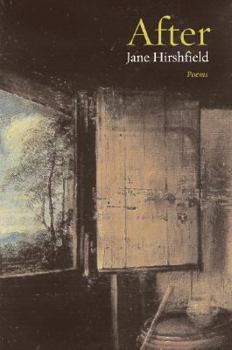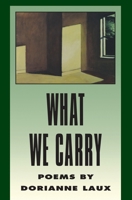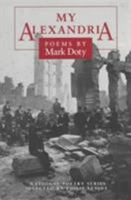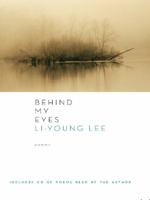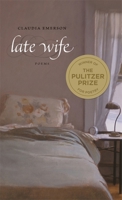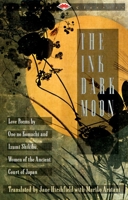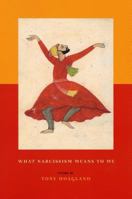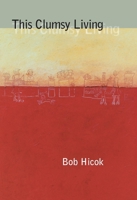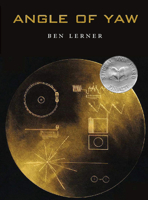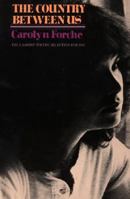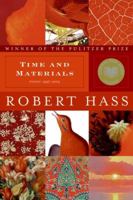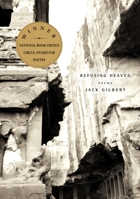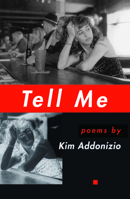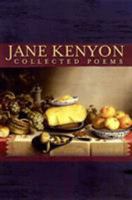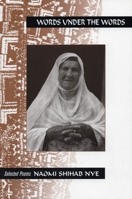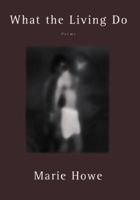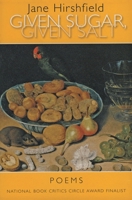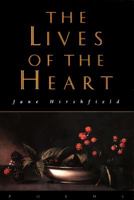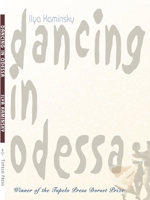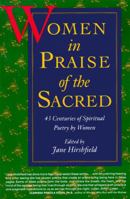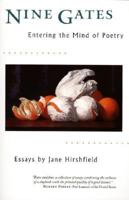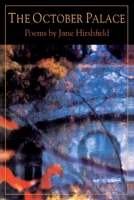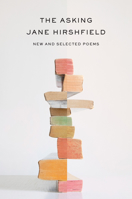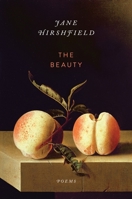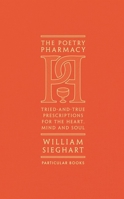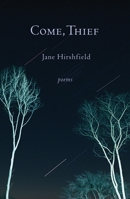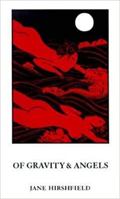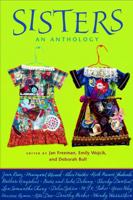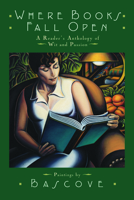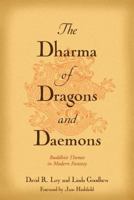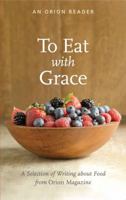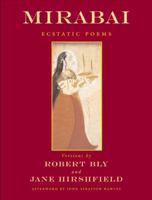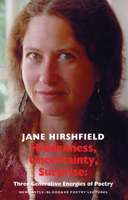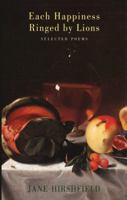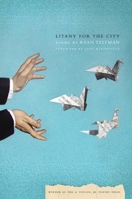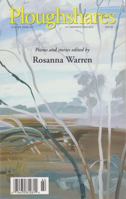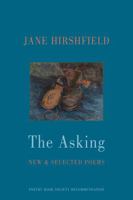After: Poems
Select Format
Select Condition 
You Might Also Enjoy
Book Overview
"Jane Hirshfield is one of our finest, most memorable contemporary poets." --David Baker, The American Poet
"Hirshfield's poems . . . send ripples across the reflecting pool of our collective consciousness." -- Booklist (starred review)
A profound, generous, and masterful sixth collection by one of the preeminent American poets of her generation, After explores incarnation, transience, and our intimate connection with others and with all existence. Jane Hirshfield's alert, incisive, and compassionate poems examine the human condition through subjects ranging from sparseness, possibility, judgment, and hidden grief to global warming, insomnia, the meanings to be found in generally overlooked parts of speech, and the metaphysics of sneezing. In respective series of "assays" (meditative imaginative accountings) and "pebbles" (each a "brief, easily pocketable perception that remains incomplete until the reader's own response awakens inside it"), Hirshfield explores a poetry-making that looks simultaneously outward and inward, finding resonant and precise containers for the deepest currents of our inner life.
Related Subjects
Identity Loss Love Memory Mortality Perception Transcendence Nature's Beauty Spiritual Awakening PoetryCustomer Reviews
Rated 5 starsHIRSHFIELD'S POETRY
Jane Hirshfield's poems in April merit reading and re-reading to appreciate their obvious merits and hidden surprises
0Report
Rated 5 starsAfter
She shares in verse the short glimpses of life. Every time I pick up her book and read another my thoughts echo her words.
0Report
Rated 5 starsWords on Words.
These poems are astounding. Jane Hirshfield is succinct, I could hear the words slicing off her pen and onto the paper. She doesn't waste breath. If her poetry were to be labelled in Taoist terms it would be the Philosophical School of Tao, using her energy in the most efficient ways she can think or dream up. I read these with my head tilted and my mouth agape, she dissects language so thoroughly and with such compassion...
2Report
Rated 5 starsThe Awakening of Words
In Jane Hirshfield's sixth book of poetry entitled, "After," she is interested or invested in the use of words and their function in life and what they have to teach. The theme of this contemporary woman poet seems to dwell in her poem called "To Speech," "What lives in words is what words were needed to learn." After the poet has mastered the use of language, only then can it be manipulated into the truth. She is conscious...
2Report
Rated 5 starsWhere the poem ends ...
I have anticipated the release of Jane's latest work as she had read some of the poems at her workshops at the Tassajara Zen Center. I am not disappointed. The last line in the opening poem summarizes and also hints at the poetry to follow. "Yet words are not the end of thought, they are where it begins." And Jane, in a recent reading, admitted that these poems do leave lines unended, thoughts unfinished. And for this...
1Report











